Astana: ISSUL's critical audit revealed
University group sceptical on Astana's improvements, Licence Commission gives new chance
The latest race content, interviews, features, reviews and expert buying guides, direct to your inbox!
You are now subscribed
Your newsletter sign-up was successful
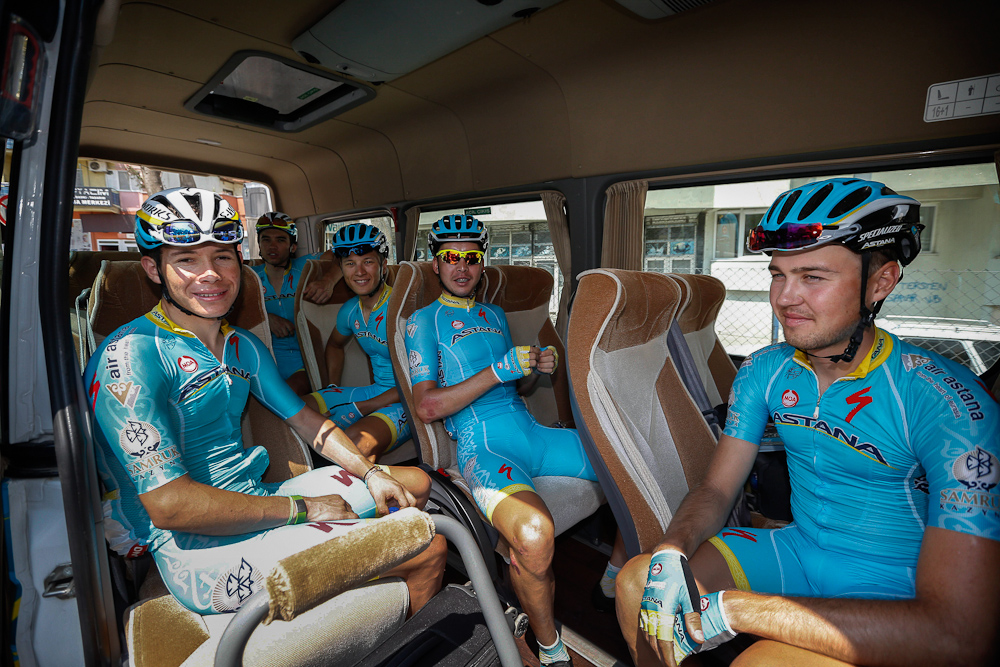
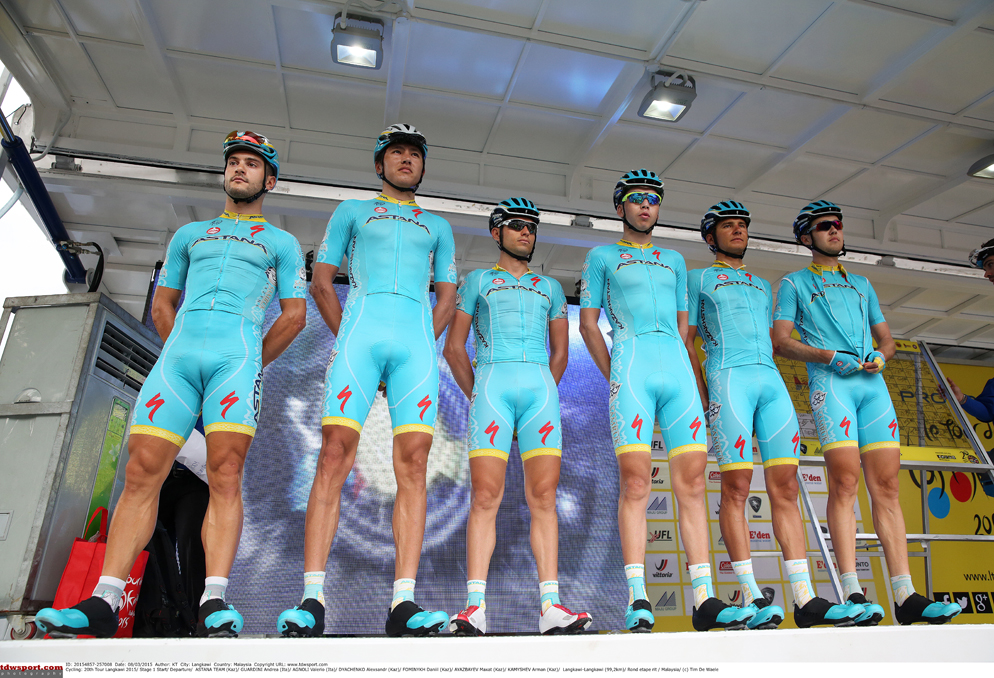
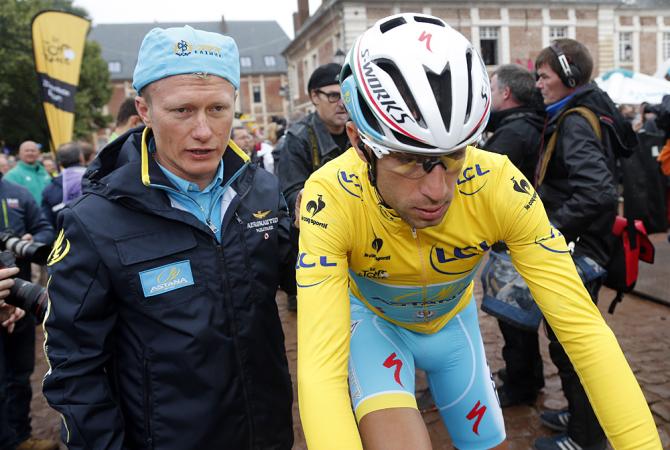
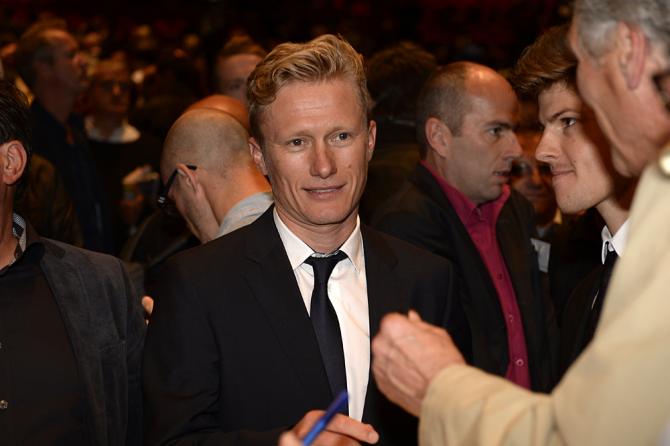
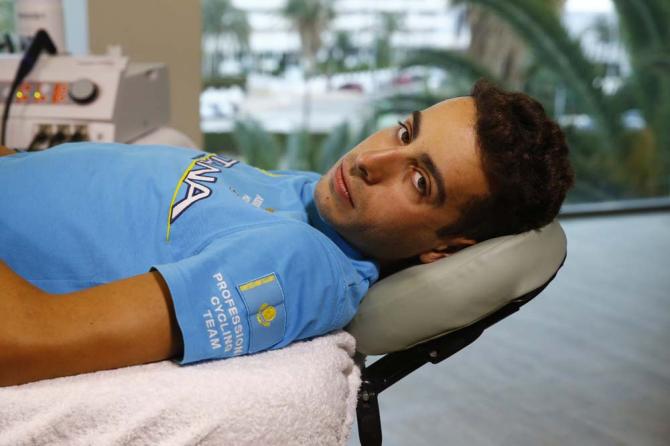
Details of the critical report on Astana's anti-doping policies compiled by researchers from the University of Lausanne emerged on Tuesday following the publication of the UCI Licence Commission's report explaining its decision not to revoke the team’s WorldTour status. The Astana team had a spate of doping cases last year, prompting the UCI to request the withdrawal of its licence in February.
According to some extracts detailed in the Licence Commission's seven-page reasoned decision, the Social and Sports Sciences Institute of the University of Lausanne (ISSUL) considered that Astana constituted a "high-risk team."
In its own report from February 6, the ISSUL underlined that there was a "discrepancy between the so-called organisation [of the team] and the real organisation". It also pointed to a "globally inadequate organisation of the management" and "a cultural problem within management".
From the Licence Commission report, it is clear that the ISSUL doesn't believe in Astana's work to improve its management and avoid doping cases. Those doubts certainly played a key role when the UCI announced in February that it wanted to suspend Astana's WorldTour licence.
The ISSUL also complains that Alexandre Vinokourov's team showed "some documents which do not reflect the reality of its organisation".
More concretely the ISSUL said that "team management is inadequate because it neglects the lowest riders and doesn't provide them a real follow-up". In addition the report stated that "some riders are let very self-sufficient, in particular when they stay far from the team, without any real control of training, performance, tiredness, etc, which creates a high-risk [of doping] for these riders".
The UCI Licence Commission agrees with the ISSUL on the 2014 situation at Astana, acknowledging that "if we only would consider the [doping] cases within the UCI WorldTour Astana [Maxim and Valentin Iglinsky tested positive to EPO, while two riders of the Continental squad and a stagiaire were also found to have doped – ed.], it clearly appears that the anti-doping organisation and the riders' entourage have been caught in action until now."
The latest race content, interviews, features, reviews and expert buying guides, direct to your inbox!
Astana under scrutiny
A better connection between management and riders is a key measure of the UCI's reforms, which are supposed to start in 2017, based on Lausanne University's recommendations. This year eight teams have already started working on that matter, hiring at least three trainers to closely follow the riders: AG2R La Mondiale, FDJ.fr, Cannondale-Garmin, IAM Cycling, Etixx-Quick Step, Orica-GreenEdge, Team Giant-Alpecin and Trek Factory Racing.
At first Astana was not part of these "pioneer" teams but it has accepted several changes and even signed an agreement with the ISSUL on May 4.
Contrary to the ISSUL, the UCI Licence Commission believes in Astana's "good faith." This is one of the reasons why the body says the "withdrawal process of Astana's license is suspended."
"The team has agreed to comply with all the required conditions," the Licence Commission said. The conditions include the use of a new web platform to follow its riders closely.
Astana's use of this new tool recommended by the ISSUL will be followed by the UCI Licence Commission, as well as its compliance with all measures. The Commission warned that they can re-open the Astana case in the event of "new doping cases and other serious rules violations".
Ethical criteria not defined
The UCI Licence Commission, partly based on the ISSUL report, not only revealed Astana's grey areas but also the real difficulties for cycling's governing body in taking real action in the fight against doping.
One of the major problems is the drawn-out examination process to eventually suspend Astana's licence. The UCI Commission admitted that in the event of a withdrawal of the licence, the team’s likely resultant disbandment "would happen in a time when the cycling season has already moved forward," which would mean the "likely unemployment of a part of team members".
The Licence Commission also admitted that it struggled to discuss Astana's fulfilment of "ethical criteria" (one of the three categories in which UCI WorldTour applicants are judged, alongside sport and administration/finances), because "The RUCI [Regulation of UCI] doesn't say which concrete measures a team must take to respect the ethical criteria."
This matter was the core of Katusha's appeal before the Court Arbitration of Sport (CAS) in 2013 when the UCI License Commission revoked its WorldTour status due to several doping cases. The Licence Commission's reasoned decision on Astana mentions the Katusha case, highlighting that the Russian team was successful at CAS and retained its WorldTour licence.
The board of the UCI Licence Commission that gave a second chance to Astana is the same as in 2013 when it fought against Katusha, with ex-Swiss Federal Court judge Pierre Zappelli as President.
UCI president Brian Cookson stated in a press release on Tuesday that the Licence Commission was “independent” of the governing body. The UCI might have considered over-ruling the decision of its commission – the verdict on Astana was certainly discussed at length in Aigle, which explains the seven-day gap between the UCI independent commission's conclusions and the UCI's announcement that Astana would retain its licence.
Cyclingnews understands that such a long and unclear process in the allocation and withdrawal of licences could lead to the end of the independent commission and to the internal management of cases directly at the UCI, in the same way as the international federation is considering the introduction of its own anti-doping court.

